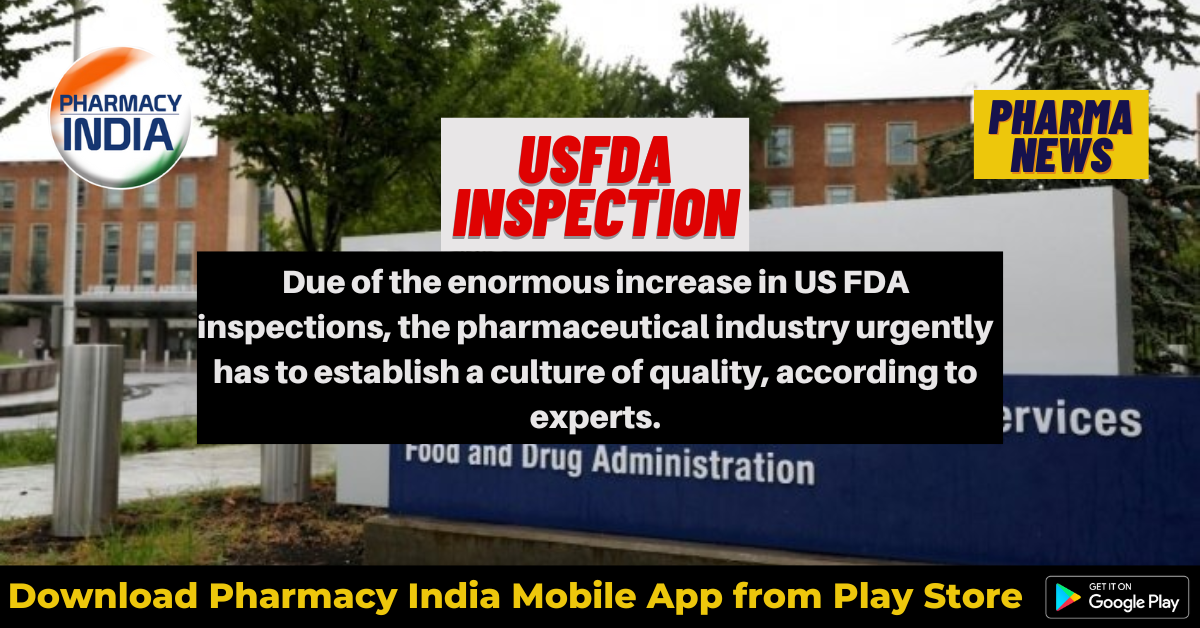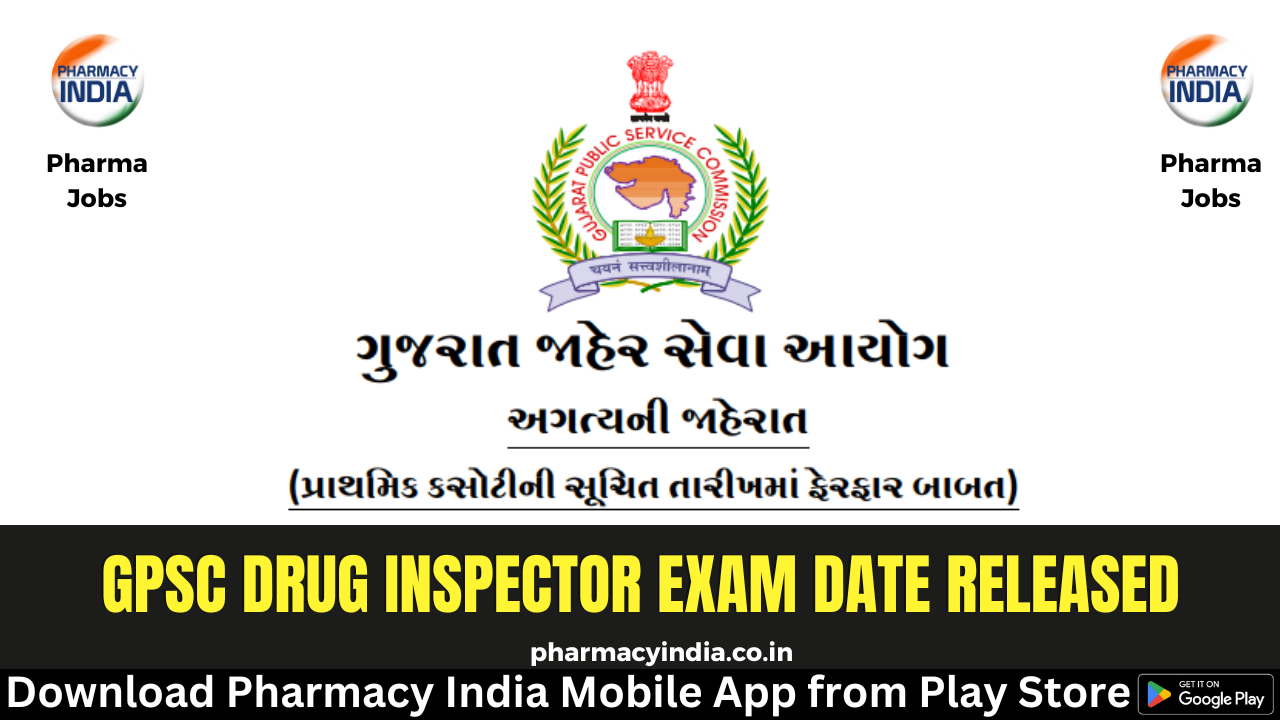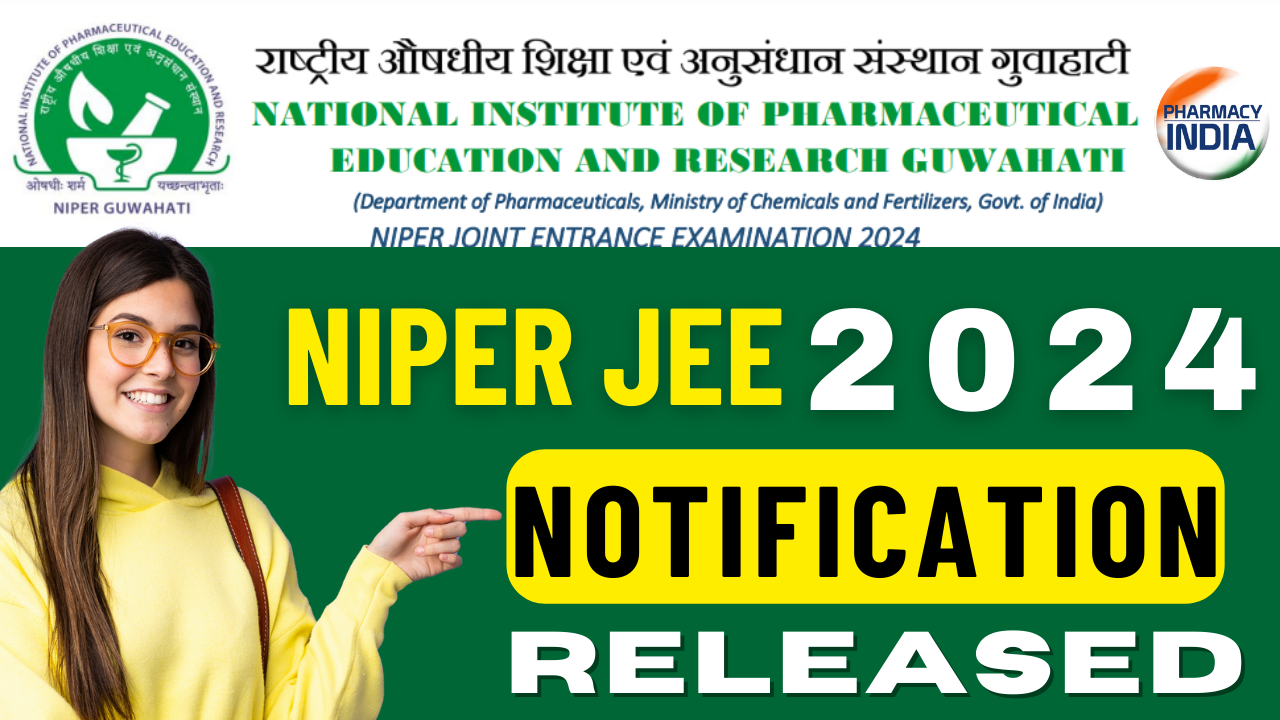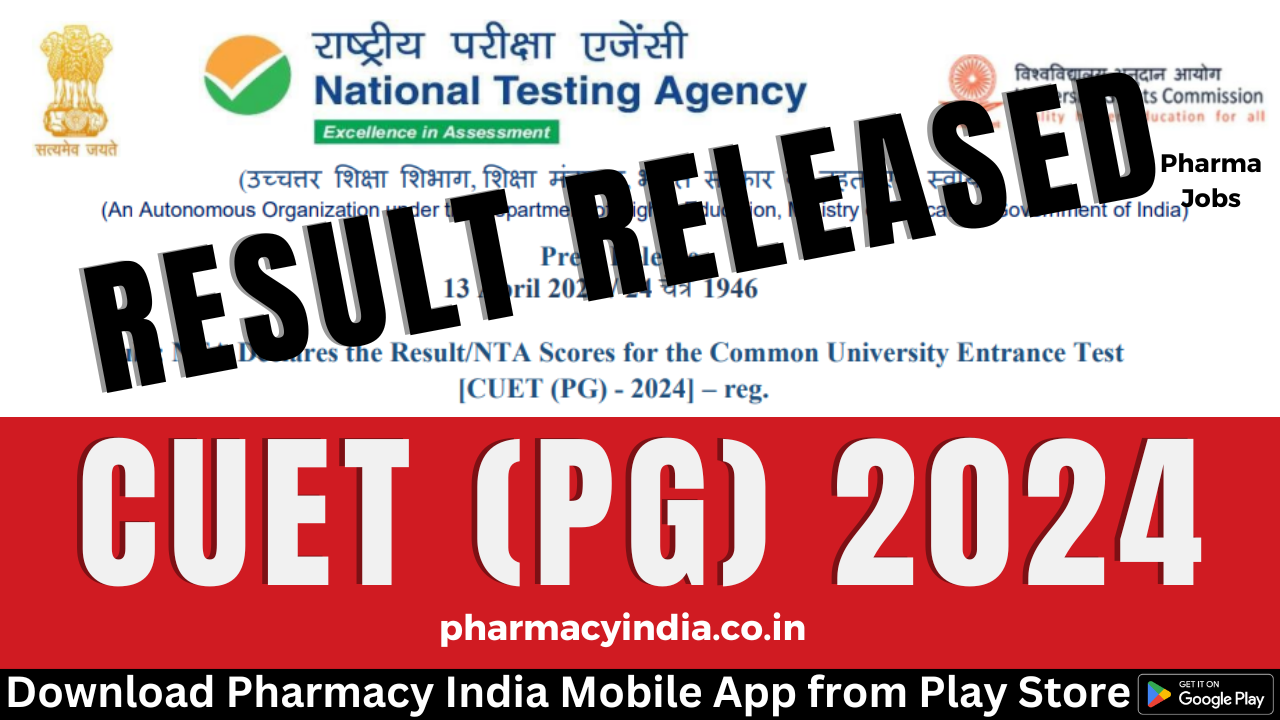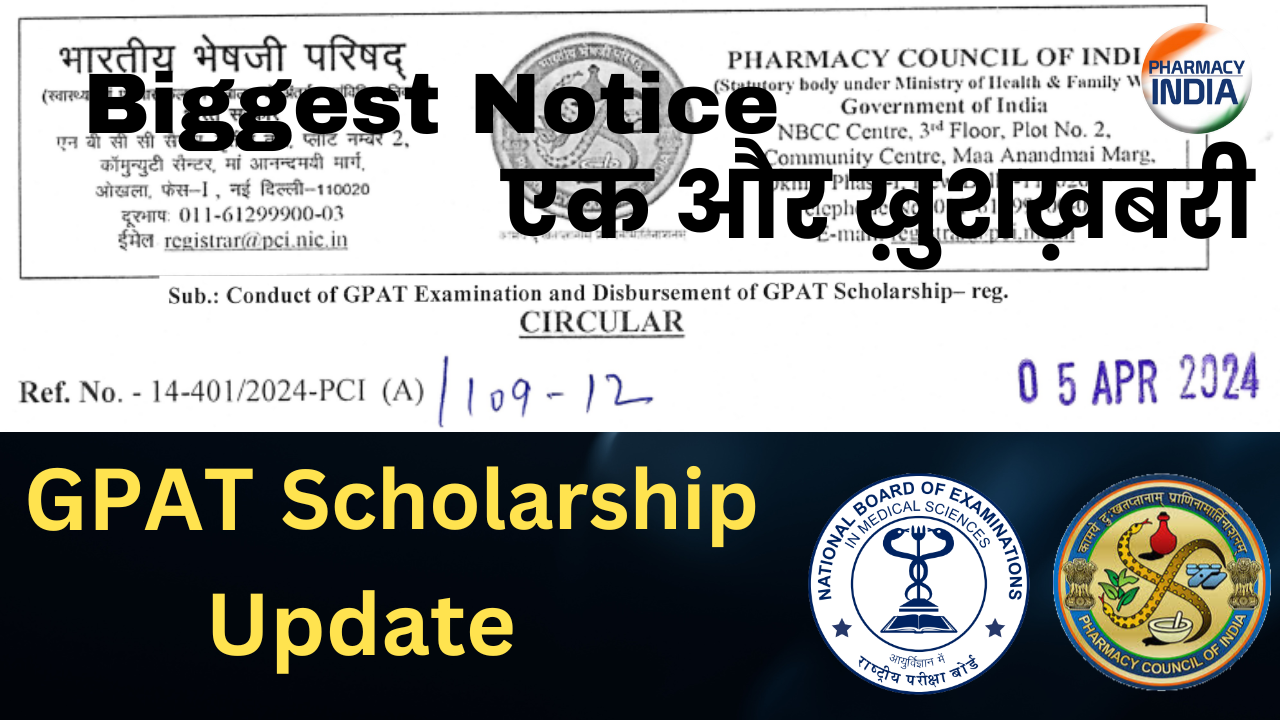Experts have advised that it is urgently necessary to create a culture of quality in the pharmaceutical business in view of the sharp increase in US FDA inspections for compliance and quality assurance. They did this by highlighting the fall in the number of Indian pharmaceutical companies gaining permission from the US FDA. These discussions were a part of a training that took place on April 13, 2023 and was titled “Hosting Unannounced Audits and Response to 483.” Sotax was an exhibit partner, FDAlytics was a silver partner, and PharmaMantra was a knowledge partner for the two-day event, which was organised by Bluetech Media. The workshop was presided over by BlueTech Media director Ashish Chauhan.
“Strict and punitive action is urgently needed in accordance with the law, including cancellation of licences to weed out non-serious industry actors, given the fact that the frequency of inspections has grown drastically post-pandemic due to the backlog, largely from the US FDA. According to Dr. Sanjt Singh Lamba, managing partner of Trillyum Consulting and Advisory and CEO of Biocuris Pharmaceuticals Private Limited, crimes involving fake medications should also be declared cognizable and non-bailable. “Improvement in law enforcement activities and harmonisation of quality standards as per PICS (Pharmaceutical Inspection Cooperation Scheme) can salvage India’s reputation as the world’s pharmacy,” he claimed.
According to Udaykumar K. Rakibe, course director and founder of PharmaMantra, “Modules during the workshop focused around US FDA and EU types of inspections, compliance focus, regulatory inspection management, and consequences of non-compliance.” In addition to quality assurance, the Covid-19 epidemic and a lack of investment in research and development have had an influence on India’s dependable supply chain of quality medicines.
Therefore, a strong quality culture should be watchful and proactive, patient-focused, science- and risk-based, able to spot problems when they are still minor, easily adhere to good manufacturing practises (GMPs), and responsible for ensuring that any supplier or contract site is qualified to perform the function and performed it satisfactorily. Because ensuring quality results in increased yield, dependability, and sustainability, experts noted, it should be supportive of business needs.
According to Madhubhashini Deshmukh, manager of quality assurance at Bharat Pharma (a division of BEL), Lalitpur, Uttar Pradesh, “Continuous education of professionals in the manufacturing department and quality department of the pharma company is necessary to instill a radical change in perception of quality and its interpretation. “The management must act as a sounding board while making daily judgements about a variety of issues affecting tools, supplies, upkeep, staff qualifications, supervision, process control, and inquiries. This will ultimately influence the calibre of the medications transported out of a certain institution,” said Dr. Lamba.
Connect with Us
Click here to follow Us On Instagram
Click here to follow us on Facebook
Click here to follow us on Telegram Channel


